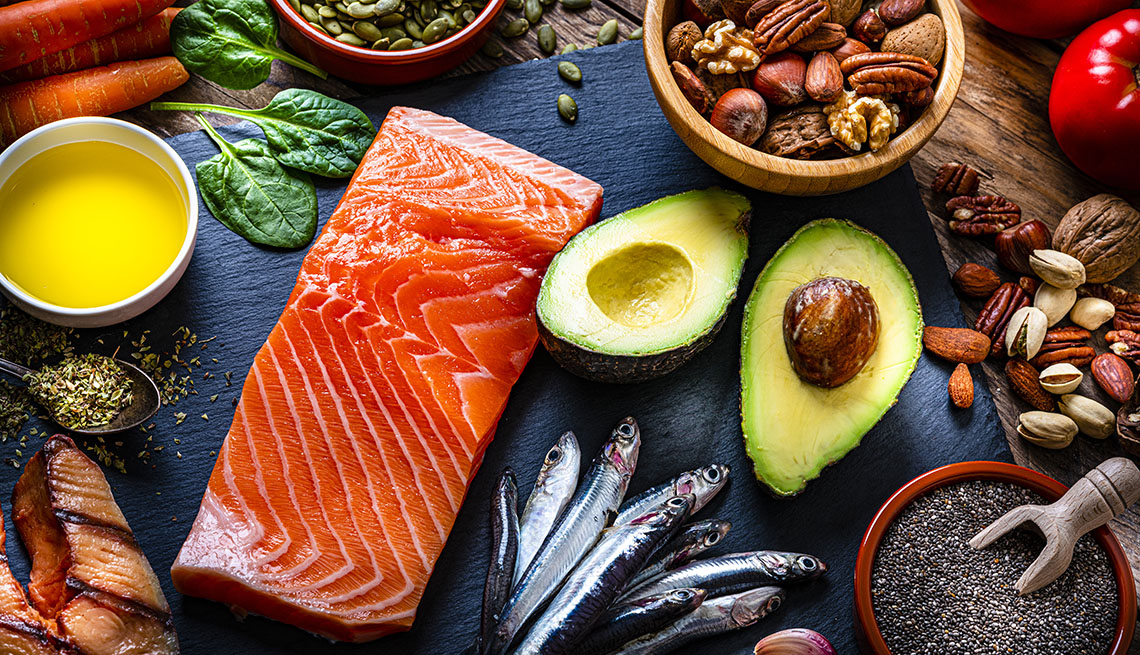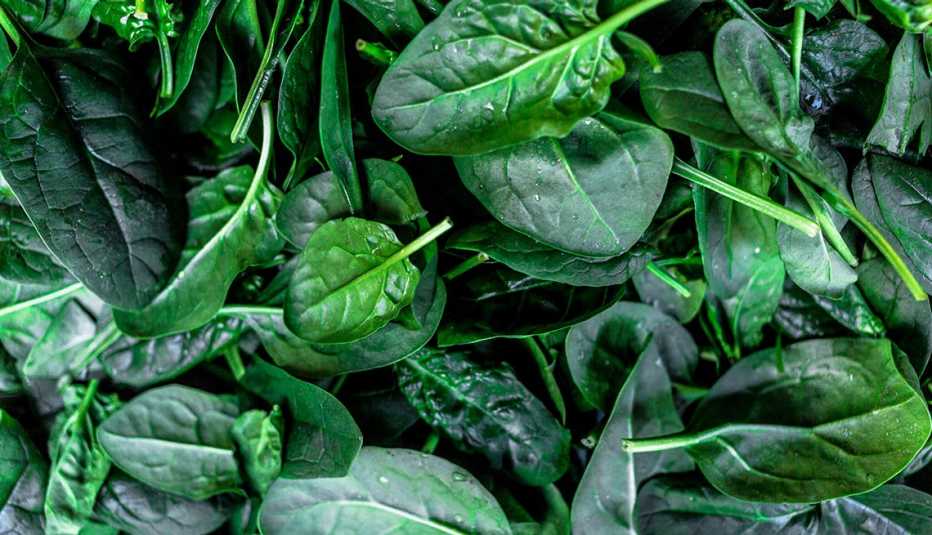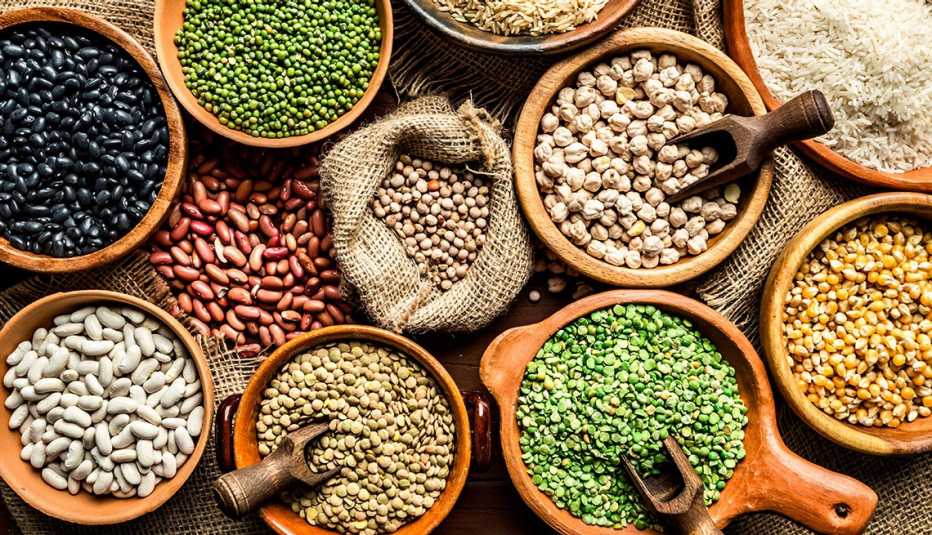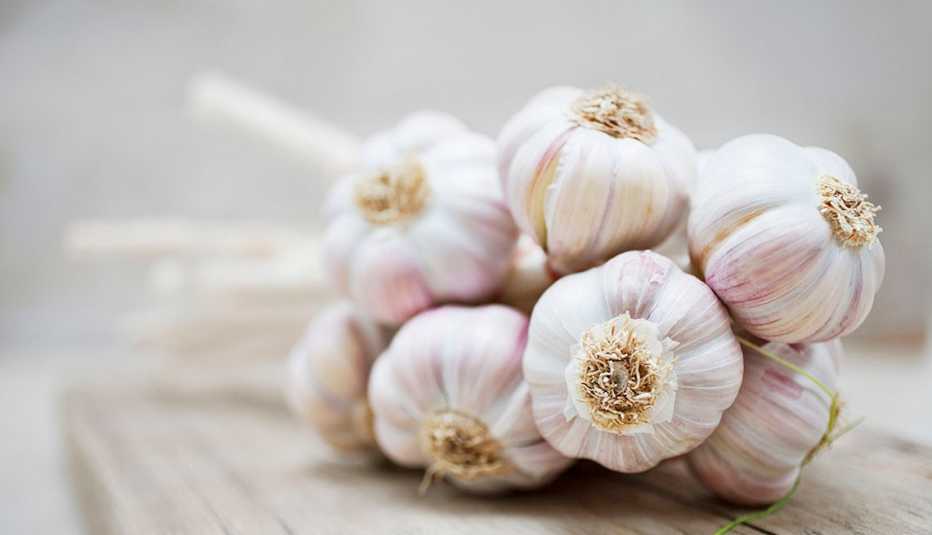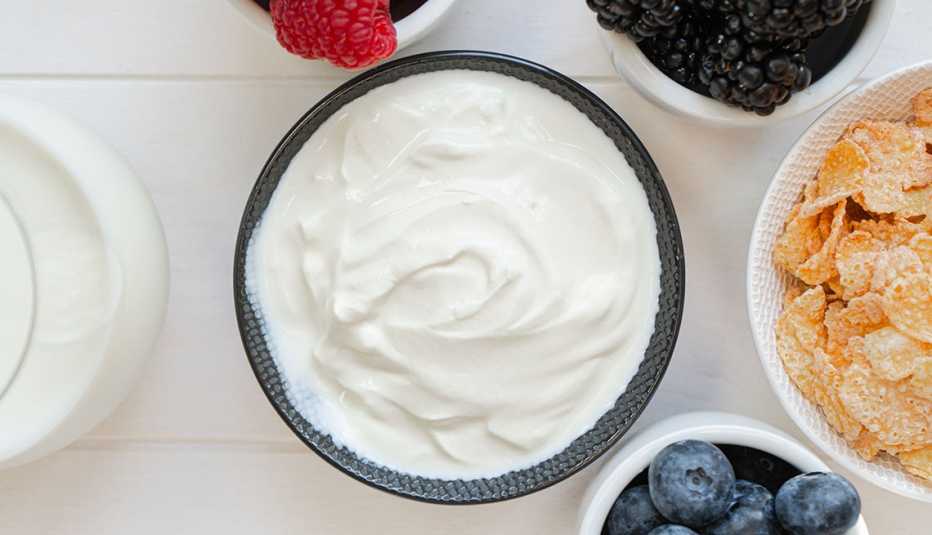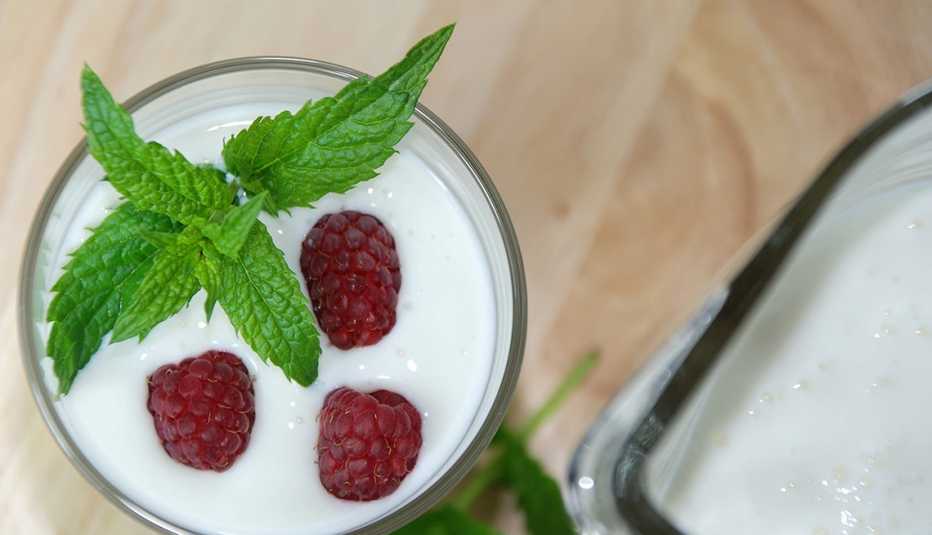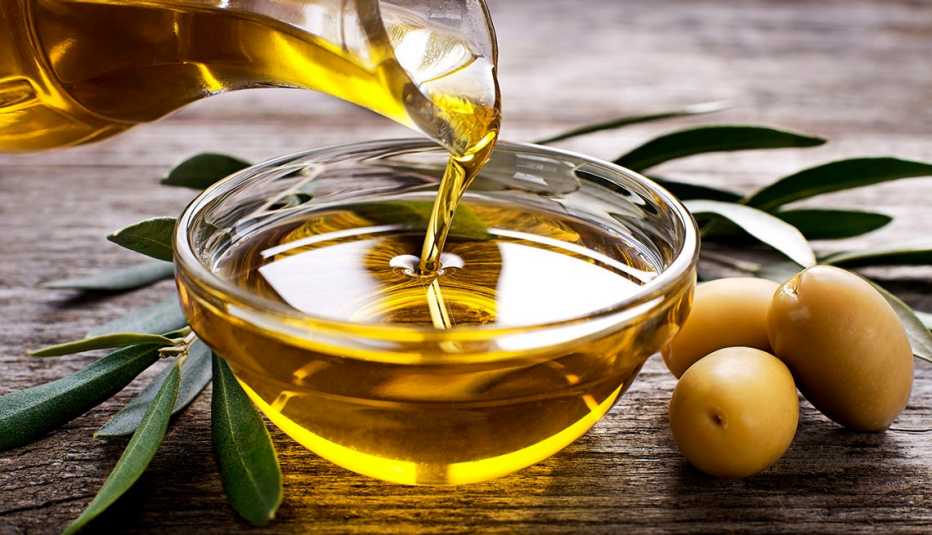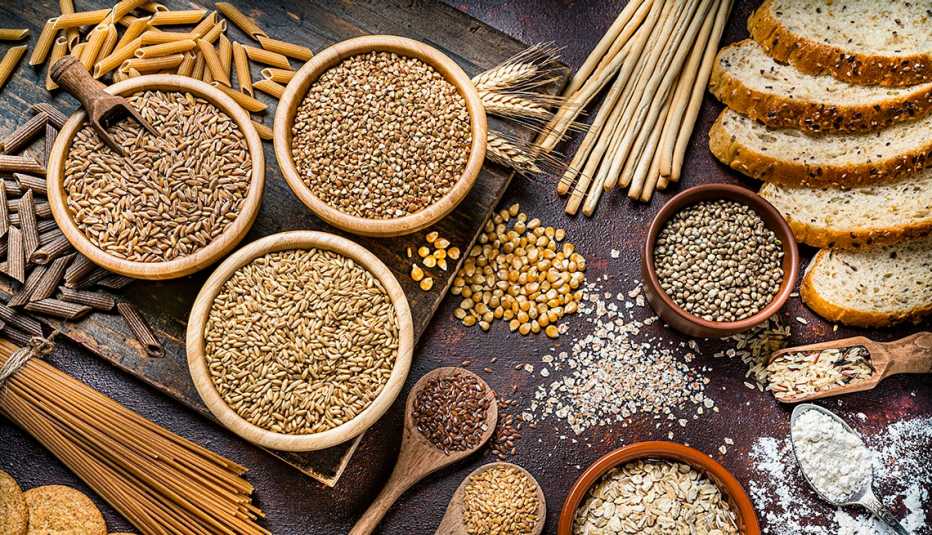Staying Fit
When it comes to boosting your health through food, the Mediterranean diet earns top marks.
Studies show the Mediterranean diet protects your heart, lowers your risk of cancer and diabetes, slows cognitive decline and can even help you live longer. In its annual diet rankings, U.S. News & World Report has ranked the Mediterranean diet No. 1 for five years straight.


AARP Membership— $12 for your first year when you sign up for Automatic Renewal
Get instant access to members-only products and hundreds of discounts, a free second membership, and a subscription to AARP the Magazine.
The diet is rich in fruits, vegetables, nuts, fish, whole grains and olive oil. While some of the diet’s ingredients can be expensive, there are plenty of ways to keep your grocery bill reasonable, says Kelly LeBlanc, director of nutrition for Oldways, a nonprofit nutrition education organization in Boston. “You don’t have to spend a lot of money to eat Mediterranean,” LeBlanc says. “Historically, the Mediterranean diet was a cuisine based on resourcefulness. These were peasant foods.”
Here are eight Mediterranean diet staples that won’t blow your budget, along with a few easy ways to prepare them.
1. Canned Fish
The Mediterranean diet calls for eating fish or shellfish twice a week, and for good reason: Packed with protein, vitamins and nutrients, seafood can lower blood pressure and help reduce the risk of a heart attack or stroke. Fish is also a rich source of omega-3 fatty acids, the healthy fats that are crucial for brain and heart health. While fresh fish can be costly, canned seafood is a wallet-friendly alternative. In addition to tuna, cans of sardines, anchovies, salmon and herring are worth trying, LeBlanc says.
“The most striking difference between Mediterranean seafood dishes versus American seafood dishes is the Mediterranean diet’s creative use of little fish,” she explains. “Here, people think of it as a budget item. It feels more elevated there.”
Not sure where to start? Try throwing some anchovies in a salad, top avocado toast with a sardine or two, or mix a can of sardines with egg, seasonings and whole wheat breadcrumbs to make patties that you can grill on the stove in a little bit of olive oil, LeBlanc suggests. Or, for a healthier, Mediterranean-inspired version of tuna salad, mix canned tuna with white beans, lemon juice, extra virgin olive oil, thinly sliced red onion and maybe some cherry tomatoes, green beans or olives. LeBlanc recommends “light” tuna over “albacore,” because it has lower mercury levels, and she notes that tuna packed in water has fewer calories than tuna packed in oil.



























































